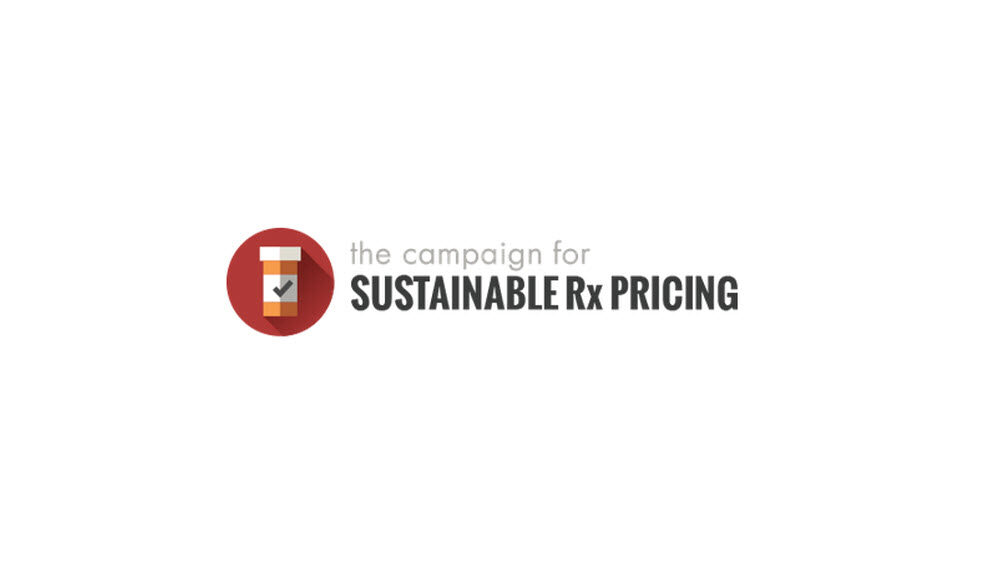© 2025 CSRXP- All Rights Reserved

Prescription Drug Pricing: Give the People What They Want
Aug 25, 2015
AJMC
Prescription Drug Pricing: Give the People What They Want
By John Rother
August 25, 2015
We are told almost every day that America is becoming Balkanized—that the views held by Republicans are irreconcilably different from those held by Democrats. However, a new survey from the Kaiser Family Foundation seems to suggest that, on at least 1 issue, Americans are remarkably united.
The Kaiser study surveyed 1200 US adults and found that an overwhelming number of them believe that drug costs are unreasonable; 86% of respondents support reforms that would make drug makers disclose their processes for setting prices.
Our effort—the Campaign for Sustainable Rx Prices—has been sounding the alarm for more than a year that pharmaceutical companies must come to the table with meaningful solutions to the challenge of rising drug costs. Otherwise, companies risk the rising tide of consumer anger resulting in solutions that are not constructive for anyone.
We believe that the answer for drug prices is likely not found on either extreme. Some want to have the government set prices for drugs—a policy we’ve rejected since our group was formed, because we believe it would be harmful to the important innovation that comes from the pharmaceutical industry. Others have suggested that companies have no responsibility except to shareholders when they price their products. We reject that premise as well. Pharmaceutical companies benefit from a social contract that allows them a limited time monopoly on the manufacture and sale of their product. If they abuse that monopoly, they weaken the social contract.
Noted healthcare economist Uwe Reinhardt, PhD, put it best in his August 11, 2015, post in the JAMA Forum:
“In pursuing their pricing strategy, specialty drug producers should not imagine themselves as free-enterprisers operating within the competitive markets of textbook fame. On the contrary, we can think of them as fragile little birds that the protective hand of government carefully shields from the harsh vagaries of truly free, competitive markets … The government has to be mindful of the social opportunity costs of high healthcare spending, which means beneficial activities such as education and infrastructure that are displaced by high spending on healthcare. The social opportunity costs of high drug prices depend heavily on the incidence and prevalence of the disease being targeted by a drug.”
Much of the current discussion around the price of pharmaceuticals was sparked by Gilead Sciences, Inc, when the company introduced the hepatitis C drug Sovaldi at an astounding $1000 per pill, or $84,000 per course of treatment (not including the other drugs prescribed with it, which often brought total costs to roughly $150,000). The public health community was outraged—not so much by the price, which has become relatively common for small-population “orphan” products, but by the combination of price and volume represented by Sovaldi. While Gilead attempted to defend the price based on research and development costs or value, the truth was more troubling.
At a forum to discuss drug pricing, John Milligan, president of Gilead, was asked how Sovaldi had been priced. His answer was revealing: “At the end of the day the pricing analysis was relatively simple: what is the current cost of other therapies?”
Make no mistake: a healthy pharmaceutical industry is vital to our success as a nation and as a planet. We need robust investment in that sector and we need to encourage continued innovation. However, the pricing strategies emerging today are pushing the limits of what the system can support.
We need the pharmaceutical industry to come to the table and begin to explore new ways of dealing with the pricing of their products. We’ve seen some early and encouraging signs that some companies are getting the message and we’re hopeful that more will follow.
It’s time to give the people what they want—real action to make pharmaceutical pricing more transparent, rational, and sustainable.
John Rother is the president and chief executive officer of the National Coalition on Health Care and the leader of the Campaign for Sustainable Prescription Drug Pricing. The Coalition is the largest, oldest, and most broadly based coalition of major stakeholders promoting a affordable, sustainable, and fair health system for all Americans, whether covered by private insurance or public programs.
[button title=”View Online” link=”http://www.ajmc.com/contributor/john-rother/2015/08/prescription-drug-pricing-give-the-people-what-they-want” target=”_blank” size=”” color=”” class=””]
